Writing is often a daunting proposition. Whether it’s a novel, screenplay, blog article, or even just an email, staring at that blank page can be paralyzing. Self-doubt can be demoralizing. Sometimes, it’s surprising that people can finish anything at all. How do published authors work through the pitfalls of writers to finish (and rewrite) their books?
That’s where we’re here to help. Through Frank’s years of doing comic cons, and introducing the world to The Looking Glass Wars, he’s been on numerous panels where writing is a main topic of discussion. The following article was constructed from his appearance on a panel at the 2015 Salt Lake Comic-Con (Link to Video when published), where he was part of an all-star lineup featuring some of the biggest names in Y.A. and Middle-Grade sci-fi/fantasy. These writers dished out indispensable writing advice that will help you fill up your blank page and take your writing to the next level.
Click here to watch the full video.

“I want you to go out and I want you to find your favorite book, the book that made you want to become a writer. Get a fresh copy of that book because you're going to destroy it. Go through the book the way a writer would read it. You’re going to highlight every single scene that you love. Then get your pen and start breaking that scene apart. Ask yourself, why does this work? What did my very favorite author do right? As soon as you can break that book apart and understand why it’s your favorite and understand what that author did right, you are going to know exactly what you want to put into your own writing to make yourself better.”
Jennifer Nielson is the prolific scribe of 17 novels, so it’s safe to say she knows what she’s talking about. Her debut, The New York Times Bestselling YA fantasy novel The False Prince, is the first book of the Ascendance Series, which follows an orphan who is trained to impersonate a missing prince. She has also written six YA historical fiction books, including A Night Divided, about a family that is separated by the Berlin Wall.
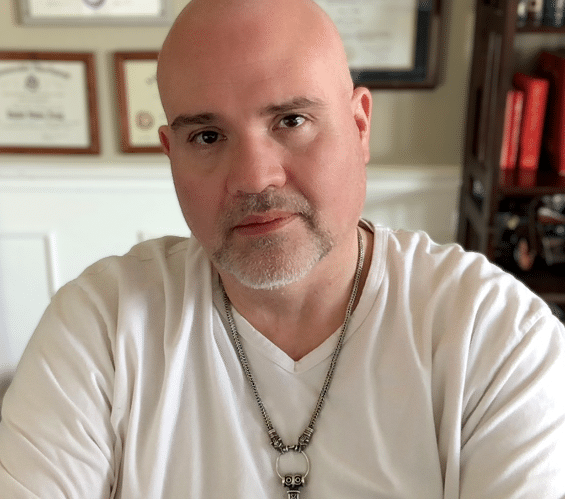
“I wrote my book, I picked up an agent very quickly, and we sold it very quickly. I think it was all because I was convinced this was a book that would never sell. I wrote it thinking, I'm just gonna write what I think would be funny for me to read to my kids, and my kids would like it and I would think it's entertaining. I didn't think about the industry. I didn't think about what was popular. I wasn't trying to emulate anything. I was actually just going to write a book and then get that out of my head. Then I knew I could write a book and then I was going to write a book that could actually get published. I think in the end, that served me the best because I wasn't true to anything other than my own voice and what I wanted to do, and it seemed to work out well.”
Platte F Clark is the author of the middle-grade comedic fantasy Bad Unicorn trilogy. Called “deviously enjoyable” by Publisher’s Weekly, the series follows Max Spencer and his band of misfit friends as they’re hunted by a homicidal unicorn.
“My first novel, I had no experience with middle grade. I didn't know anything about it, I was just writing. The protagonist starts off at seven, and then she's 11, and then she's 19. That was a big problem in selling the book but the book got published and people still read it and love it. Sometimes going in, ignorance is bliss. In my case, that happens a lot. But my advice is a little trick that I have when I'm writing and I'm into it and I have a really good scene. I don't ever finish it. I put it down at the end of the day. So that the next morning when I start writing again, I know exactly what I'm going to start writing because I'm already in it. I know what I'm finishing and it just seems to set the whole day.”
It’s probably pretty safe to assume that, if you’re reading this, you know who Frank Beddor is. But let’s recap just to be safe. Frank is a former world champion skier who also produced the hit comedy There’s Something About Mary. His New York Times Bestselling trilogy, The Looking Glass Wars, exposes the true story of Wonderland and chronicles Alyss Heart, heir to the throne of Wonderland, as she fights to regain her crown from her evil aunt, Queen Redd. Beddor has added to the Wonderverse over the years with the Hatter M graphic novel series and the middle-grade novel, Hatter Madigan: Ghost in the H.A.T.B.O.X.
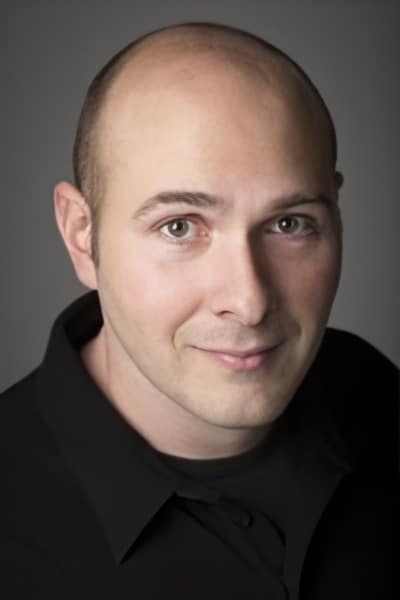
“I spent a lot of time stressing and worrying about getting my best ideas on paper. It wasn't until I finally said, “You know what? I'm spending too much time on finding my best ideas. What effect can make my worst ideas work?” So, I started going to my worst ideas, the ones that just seemed the dumbest and stupid, and I went with them and I grew and I pushed it and I thought, “How creative can I be?” Those best ideas that I had were not as good as those worst ideas because of all the care and all the energy that I put into them. It sometimes takes stepping away from waiting for that perfect idea to show up in that moment of brilliance, and kind of just forcing yourself to be brilliant with some of the bad ideas that you already have.”
Michael Jensen is the author of Woven, a fantasy novel about a young ghost who teams with a spoiled princess to unravel the mystery of his murder and find an ancient needle with the magical power to mend that which has been torn. Publisher’s Weekly called Woven a “charming quest tale” while Kirkus Reviews deemed it a “sure bet for high-fantasy fans”.
“I always say whatever ideas scare you the most, whichever idea feels like it's gonna be the hardest to write, that's usually the one. In fact, both of my series were ones where I thought, ‘I don't know if I'm good enough to write that book.’
The note that I seem to give most often when I’m critiquing new middle-grade work is that the writer tends to forget that the kids need to be the hero of the story. I don't just mean having a kid as the main character. I mean that you’re reading the book and things are going along, and then you get to the climax and the kid’s solution is they go to an adult, and the adult fixes things for them, and that’s the end of the story. But it's middle grade, the kid is supposed to be the hero. How different would it have been if Dumbledore was the one who always stepped in and saved things, instead of letting Harry be the hero? I've even seen that in Y.A. drafts but it’s especially common when I'm reading middle-grade drafts. I see that a lot with newer writers. It's like that adult sense steps in, and it's not that they've dumbed down the writing or anything like that, but when they're trying to figure out how to solve the plot, they rely on adults more than their kid characters. Really, really remember that you're writing for kids. Let the kids be the hero of the story.”
Shannon Messenger is the New York Times and USA Today bestselling author of the Keeper of the Lost Cities series, which follows a twelve-year-old Telepath who is forced to leave her earthly home and move to the Lost Cities, where fantasy creatures of all races live. Messenger has also written the Sky Fall series, in which a seventeen-year-old wind spirit falls in love with his bodyguard and battles an evil rival.
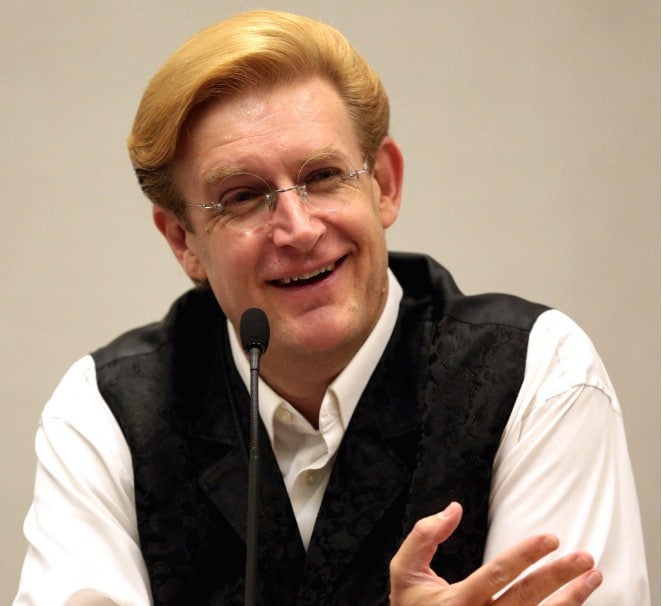
“The best advice I could give to any writer, whether it's middle grade, Y.A., whatever you're writing, is to finish what you start. No one ever really writes a great book. You write a book that you then fix to make as good as you possibly can. I see so many people who are stuck in the middle of a draft, or redrafting or rewriting something and not actually finishing it. You need to finish so that you and your readers, or an editor or an agent have a sense of the entire story that you're trying to tell. Then you have something that you can actually shape. Sometimes that shaping is small, sometimes it's going to be huge.
I was six books into the Imaginarium Geographica series and one of my best editors at Simon & Schuster said, “There's something that isn't working for this, and here's how I think we should fix it. What do you think?” And I said, “You are absolutely right.” The solution was, what was originally the prologue in that book became the epilogue and I removed a major character who was in every single chapter. I had to rewrite the entire book. It was excruciating, very excruciating. All along the way you're giving up lines because now there are conversations that are gone and you can't repurpose those, you can't just replace it with another character, because he's built into the story you're telling. My editor was right. We could have pushed it out. I could have been a prima donna and said, “Well, this is the sixth book and you got what you're getting and I'm going to Disneyland.” But she was right and the book was better because we made those changes. Because of those changes, the seventh book in the series, The First Dragon, was the one that was most technically flawless. I had seven lines in my editor's letter for that book and a note that said, “Apparently, after seven books, you've got this down.” That's all I got.”
James A. Owen is best known as the author of The Chronicles of the Imaginarium Geographica series, which features fictionalized versions of J.R.R. Tolkien, C.S. Lewis, and Charles Williams who find themselves in possession of a book that holds maps to the worlds of our literary heritage. Owen is also the creator of the comic book series Starchild.
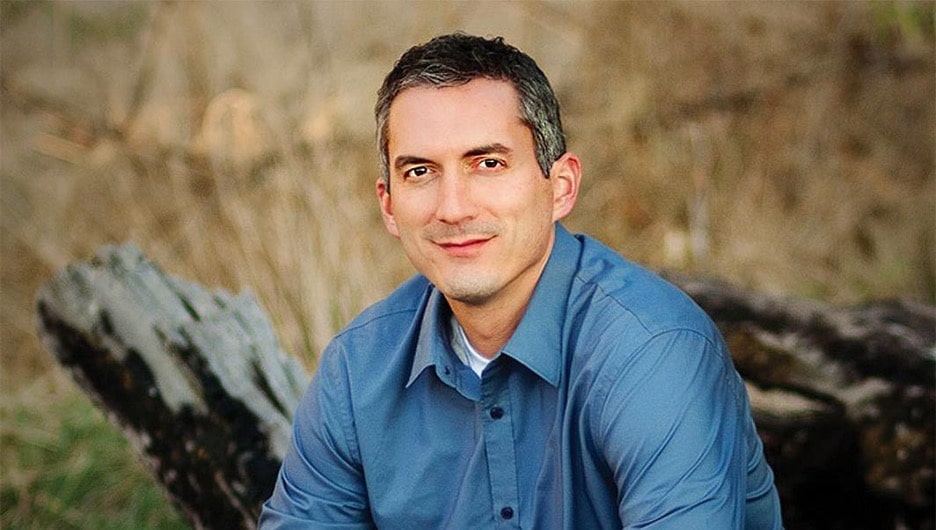
“When I get an editorial letter, I read it and then I take 48 hours off because I'm so depressed. I just watch movies and sit around and mope. Then usually after that 48 hours, I start to realize it's not as bad as I first felt. Every time you just start thinking, “This is going to be the one where you get, ‘Wow, this book’s actually perfect. I don't have any changes for you.’
I am terrible at writing advice. It's hard for me to articulate how I write books. But one thing that always stands out to me is, and it might be obvious but, it is all about the characters. Face up and make your characters the most important thing that you throw all your devotion into. Every book I've ever loved is because I fell in love with and made a connection with the characters. I felt anxious to just even hear them have regular conversations. I just felt like it was there. I grew to care for them and love them. If you just have these really shallow characters and they're all exactly the same, when they have an action scene and they die, you'd be like, “I don't care. I hope this guy dies. He's boring as heck.” Just setting cannot overcome weak characters. Action and suspense cannot overcome weak characters. The most beautiful prose ever written by a human cannot overcome weak characters. So really, really focus on your characters as you write your books and make people care about them.”
With over 21 million books sold, James Dashner is the author of The Maze Runner novels, a Y.A. dystopian science fiction series set in a world devastated by a succession of solar flares and coronal mass ejections. The books spawned a popular film trilogy that grossed nearly $1 billion at the box office. Dashner’s other work includes Y.A. sci-fi series The 13th Reality and The Mortality Doctrine. The Godhead Complex, the seventh book in The Maze Runner series, was released in November 2023.
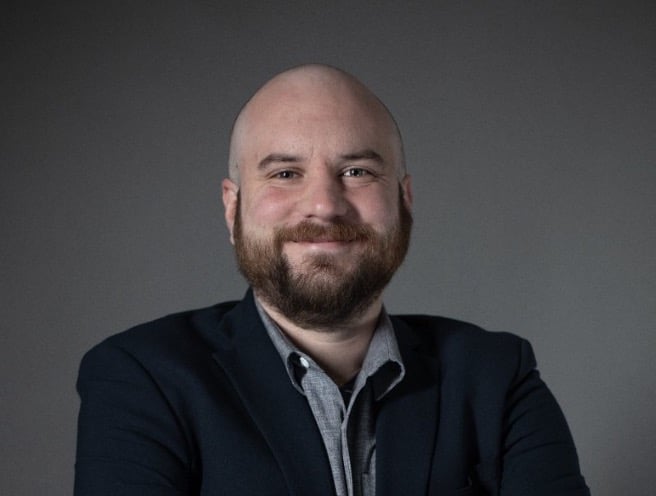
An itinerant storyteller, John Drain attended the University of Edinburgh before studying film at DePaul University in Chicago and later earned an MFA in Screenwriting from the American Film Institute Conservatory. John focuses on writing mysteries and thrillers featuring characters who are thrown into the deep end of the pool and struggle to just keep their heads above water. His work has been recognized by the Academy Nicholls Fellowship, the Austin Film Festival, ScreenCraft, Cinestory, and the Montreal Independent Film Festival. In a previous life, John created and produced theme park attractions across the globe for a wide variety of audiences. John keeps busy in his spare time with three Dungeons and Dragons campaigns and a seemingly never-ending stack of medieval history books.